Introduction:
Embracing motherhood is an exhilarating journey filled with anticipation, wonder, and a sprinkle of trepidation. As you prepare to welcome your little miracle, prioritizing pre and post-delivery care becomes a crucial step in ensuring a smooth and healthy transition for both you and your baby. This guide aims to empower you with knowledge and practical tips, allowing you to navigate this exciting chapter with confidence and clarity.
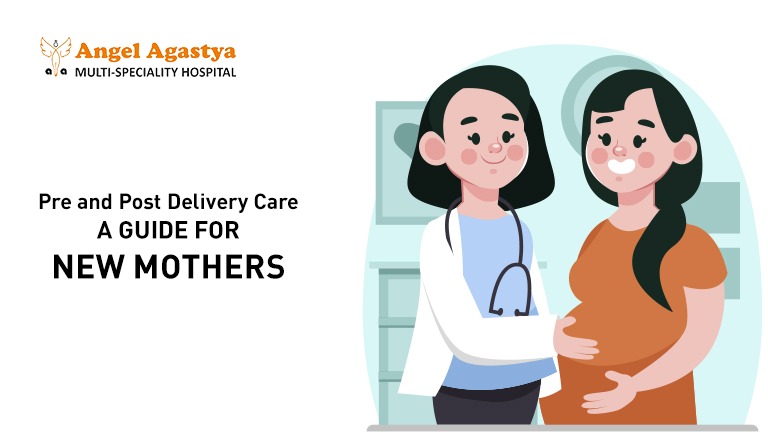
I. Navigating the Path of Prenatal Care:
Prenatal care, your essential support system throughout pregnancy, acts as the foundation for a healthy motherhood journey. It involves regular doctor visits, allowing your healthcare provider to closely monitor your well-being and your baby’s development. These visits typically include:
- Essential checkups: Regular checkups ensure your health is optimized, and any potential concerns are addressed proactively during pre and post-delivery care..
- Prenatal tests and screenings: These tests help identify potential risks throughout pregnancy, allowing for early intervention and a personalized pre and post-delivery care plan.
- Embracing a healthy lifestyle: Maintaining a balanced diet, getting regular exercise (approved by your doctor), and prioritizing adequate sleep are vital for both you and your growing baby during pre and post-delivery care.
- Nurturing your mental well-being: Remember, emotional well-being is equally important during pregnancy. Don’t hesitate to seek support from therapists, counselors, or support groups if needed, as part of your pre and post-delivery care.
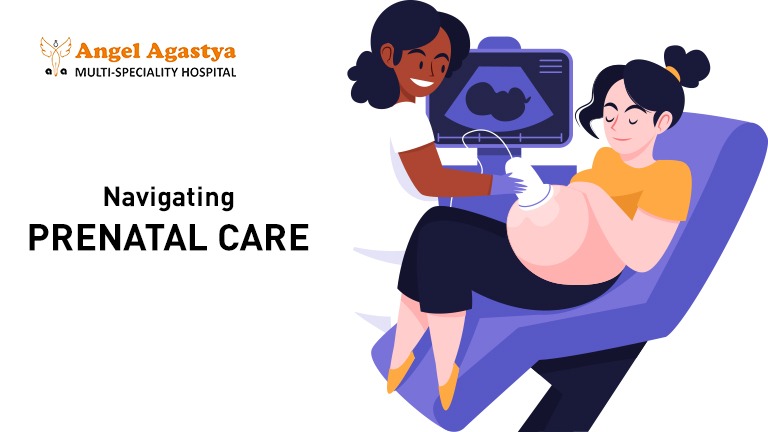
II. Preparing for Delivery Day:
Knowledge is power, and preparing for delivery equips you with the tools to navigate this momentous day with confidence. Here are some options to consider:
- Exploring childbirth education: Birthing classes, Lamaze techniques, or even hypnobirthing can provide valuable knowledge, relaxation techniques, and pain management strategies relevant to pre and post-delivery care.
- Creating a flexible birth plan: Collaborate with your healthcare team to create a birth plan that reflects your preferences for pain management, birthing environment, and communication style, considering your pre and post-delivery care needs. Remember, flexibility is key, as unforeseen circumstances may arise.
- Gathering essentials and building your support system: Prepare a hospital bag with the necessary items for you and your baby. Build a supportive network of family, friends, or a postpartum doula to provide both practical and emotional assistance during and after delivery.
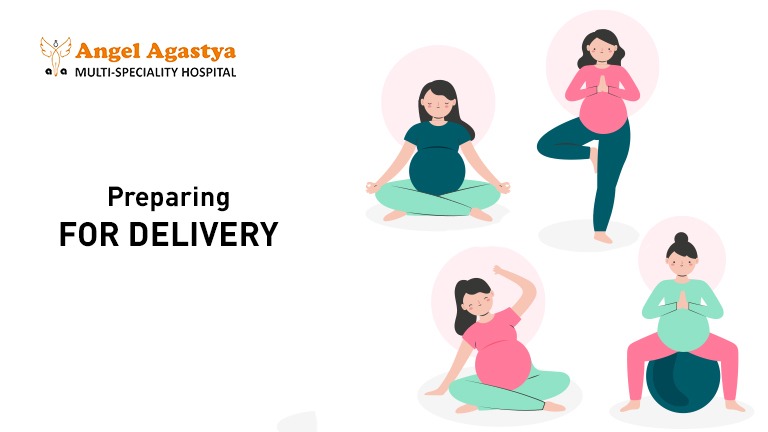
III. Embracing Postpartum Care:
The postpartum period brings a wave of physical and emotional changes. Understanding these changes and prioritizing your well-being is crucial. Here are key aspects to considering your pre and post-delivery care journey:
- Recovery from delivery: Whether you undergo a natural delivery or a C-section, prioritize proper rest and recovery. Follow your doctor’s instructions and listen to your body’s needs.
- Breastfeeding or formula feeding support: Seek guidance from lactation consultants or healthcare professionals to ensure a smooth breastfeeding journey or learn about safe and effective formula feeding practices.
- Mastering newborn care: From bathing and diapering to feeding, learn the essential skills required to care for your precious little one. Don’t hesitate to ask for help from your partner, family, or healthcare professionals if needed.
- Prioritizing rest and sleep: Adequate sleep is crucial for both your physical and mental well-being. Delegate tasks, accept help, and prioritize sleep whenever possible.
- Addressing postpartum concerns: Don’t underestimate the potential for postpartum depression or anxiety. Seek professional help if you experience persistent feelings of sadness, hopelessness, or anxiety.
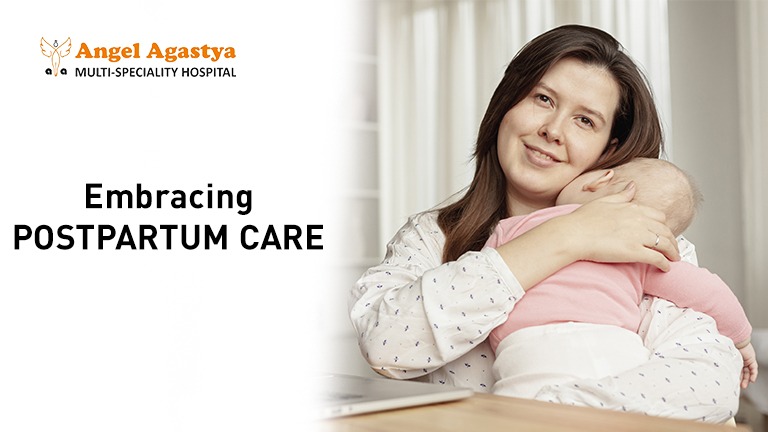
IV. Building Your Support System:
A strong support system is a lifeline during both pregnancy and the postpartum period. Open communication with your partner, family, and friends is key. Delegate tasks, ask for help, and don’t hesitate to express your needs and emotions openly. Additionally, explore available postpartum support groups or online communities to connect with other mothers and share experiences.
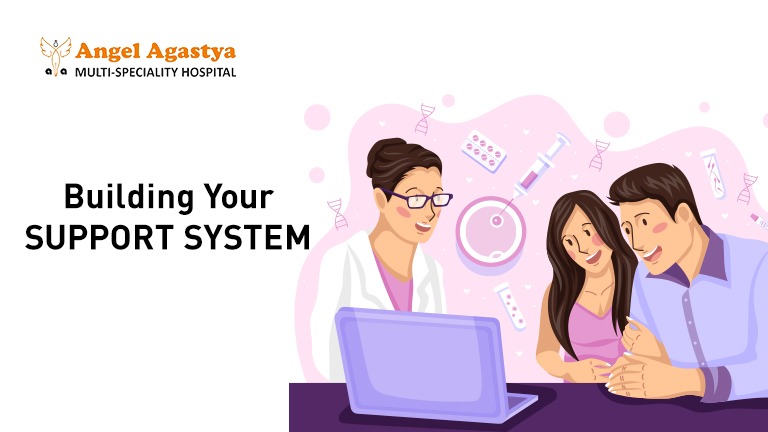
V. Summary: Embarking on Your Journey with Confidence
Embracing motherhood is a beautiful and transformative experience. While challenges may arise, prioritizing pre and post-delivery care equips you with the knowledge and support system to navigate this journey with confidence and joy. Remember, seeking professional guidance throughout your pregnancy and postpartum period is crucial. Don’t hesitate to address any concerns with your healthcare providers and embrace the beautiful journey of motherhood with open arms and a supportive network by your side.
VI. FAQs for Pre And Post-Delivery Care:
Q: How often should I see my doctor during pregnancy?
A: Consult your doctor for a personalized schedule, but visits typically increase as pregnancy progresses.
Q: What are some prenatal tests available?
A: Discuss options with your doctor, including scans and blood tests to assess potential risks.
Q: What exercises are safe during pregnancy?
A: Consult your doctor first, but low-impact activities like walking and swimming are generally safe.
Q: What are the benefits of breastfeeding?
A: Breast milk provides ideal nutrition, boosts baby’s immunity, and promotes emotional bonding.
Q: How can I prevent postpartum depression?
A: Build a support system, prioritize self-care, and seek professional help if needed.
Q: What are signs of concerning postpartum bleeding?
A: Heavy bleeding, large clots, fever/chills – call your doctor immediately.
Q: How long does it take to recover from a natural delivery?
A: Weeks to months. Rest, eat well, and follow your doctor’s guidance for optimal recovery.
Q: How long does it take to recover from a C-section?
A: C-section recovery takes longer than natural delivery. Prioritize rest and follow your doctor’s instructions.
Q: What kind of pain medication is safe while breastfeeding?
A: Consult your doctor for safe and compatible pain management options.
Q: When should I call my doctor after delivery?
A: Call your doctor for heavy bleeding, severe pain, fever/chills, breathing difficulties, infection signs, or persistent sadness/anxiety.
Remember: This blog is for informational purposes only and does not substitute for professional medical advice. Always consult your healthcare provider for personalized guidance and support.


Great blog! The comprehensive information on pre and post-delivery care is valuable for expecting parents. Clear explanations and practical tips make it a helpful resource for anyone navigating this crucial phase. Keep up the informative content!